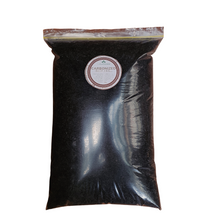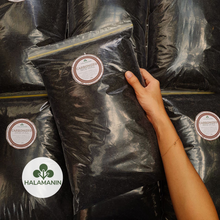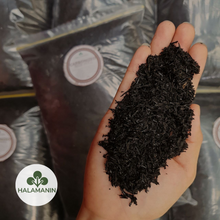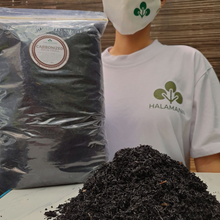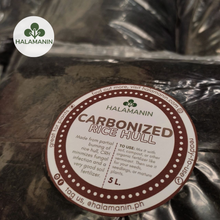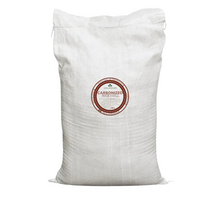
Porous. Nutrient-rich. Organic soil booster.
Carbonized Rice Hulls (also called rice hull charcoal or charred rice husks) are created by heating rice hulls at high temperatures through a carbonization process. This transforms them into a lightweight, porous material rich in carbon—perfect for enhancing soil health naturally and sustainably.
✅ Key Benefits:
-
Improves soil structure – Boosts aeration and drainage for healthier root development
-
Enriches soil fertility – High in carbon; acts as a slow-release organic matter source
-
Retains moisture – Absorbs water and gradually releases it to plant roots
-
Suppresses weeds – Forms a mulch layer that reduces weed growth and garden maintenance
-
Sustainable and eco-friendly – A byproduct of the rice industry, reducing agricultural waste
✅ Ideal For:
-
Amending garden beds and potting soil
-
Mulching around vegetables, herbs, and ornamentals
-
Improving drainage and moisture management
-
Supporting sustainable, low-waste gardening
Whether you're improving poor soil or building a healthy growing environment, Halamanin’s Carbonized Rice Hull gives your plants a breathable, fertile foundation that supports long-term growth.
Note: Weight and volume may slightly vary during delivery due to temperature and humidity changes.
📦 For bulk orders or custom requests, email us at:
📧 projects@halamanin.com






